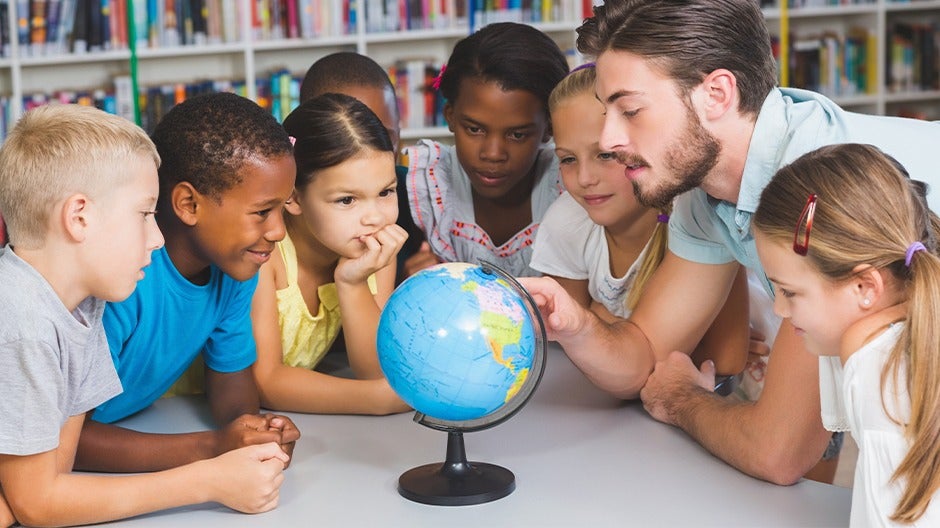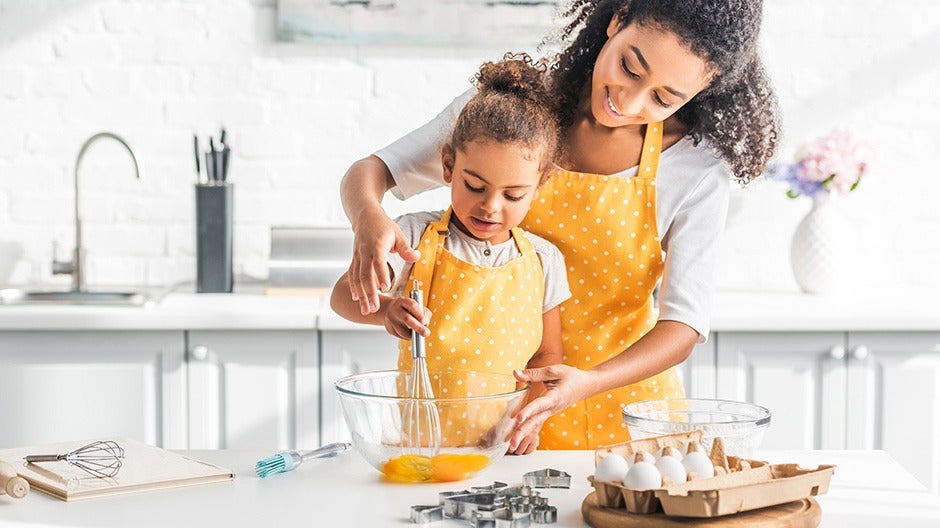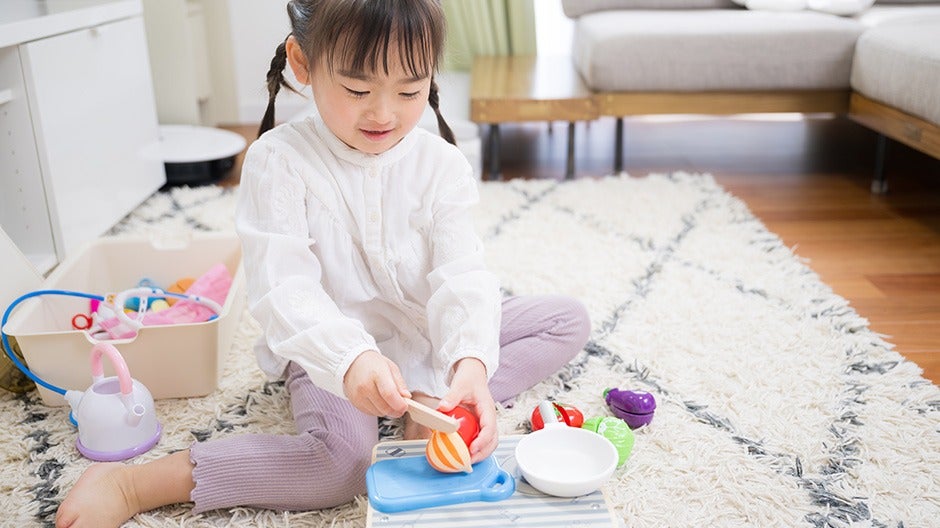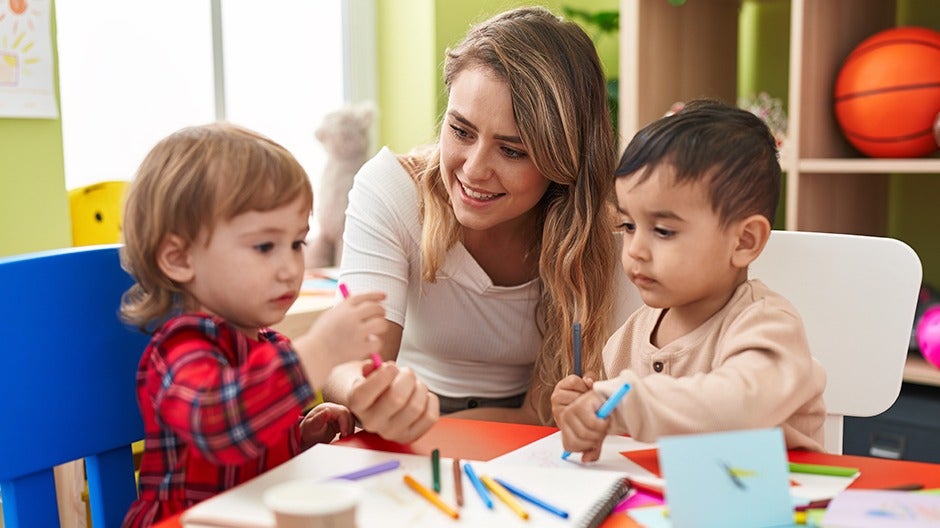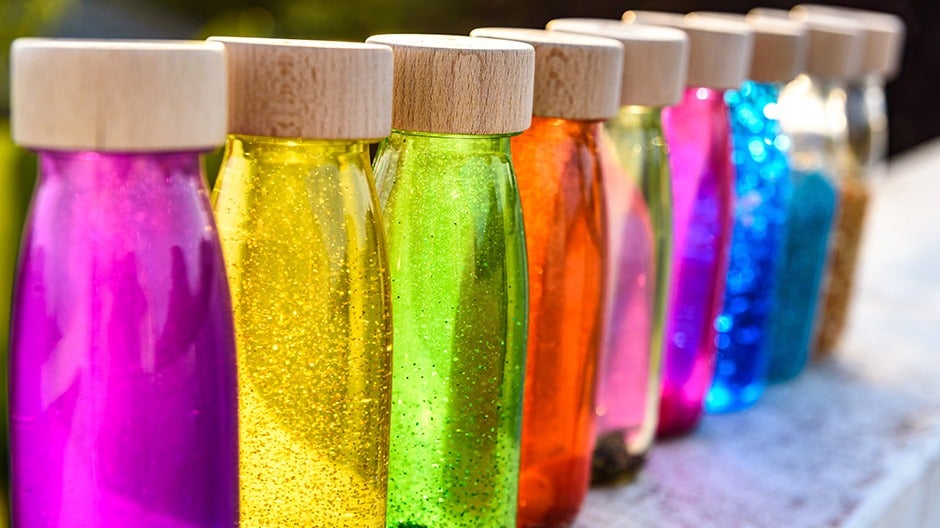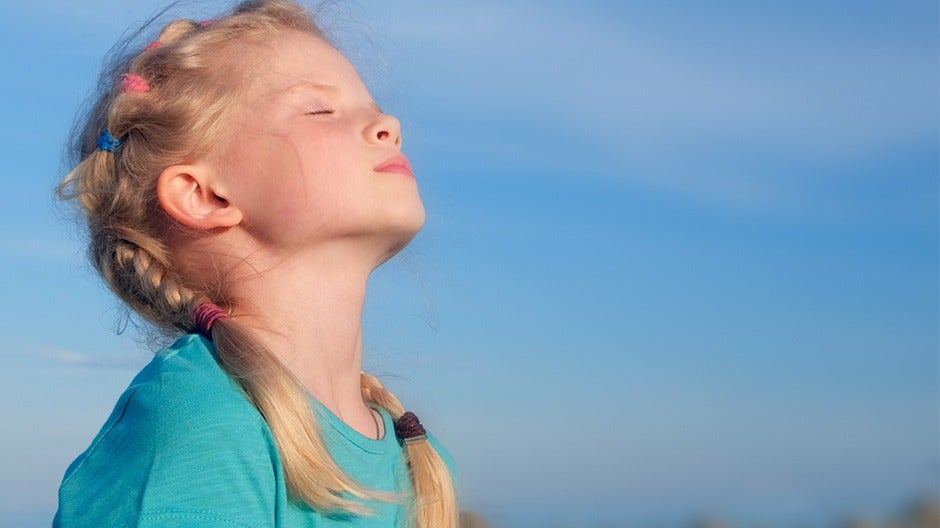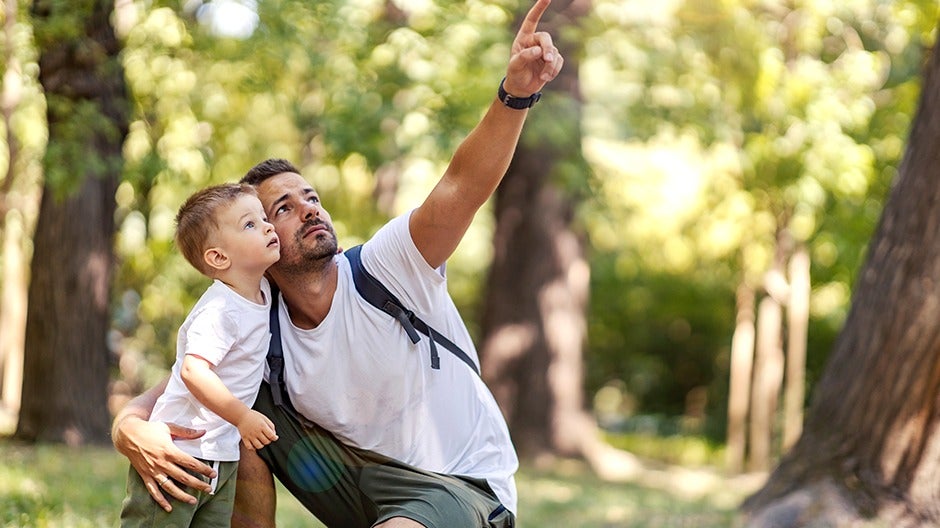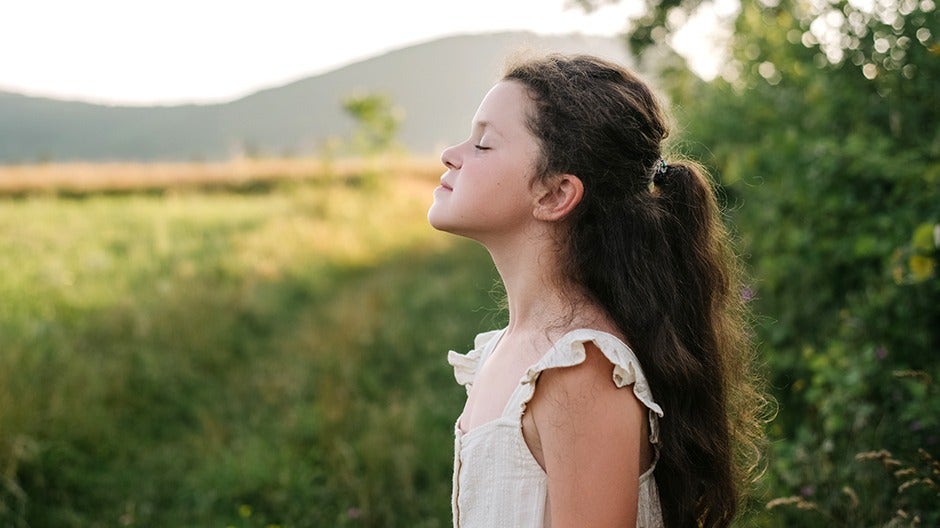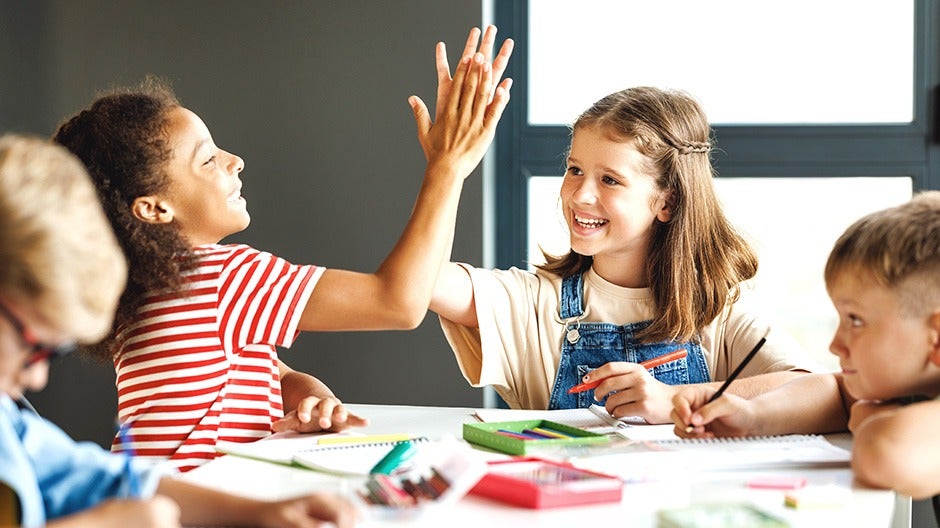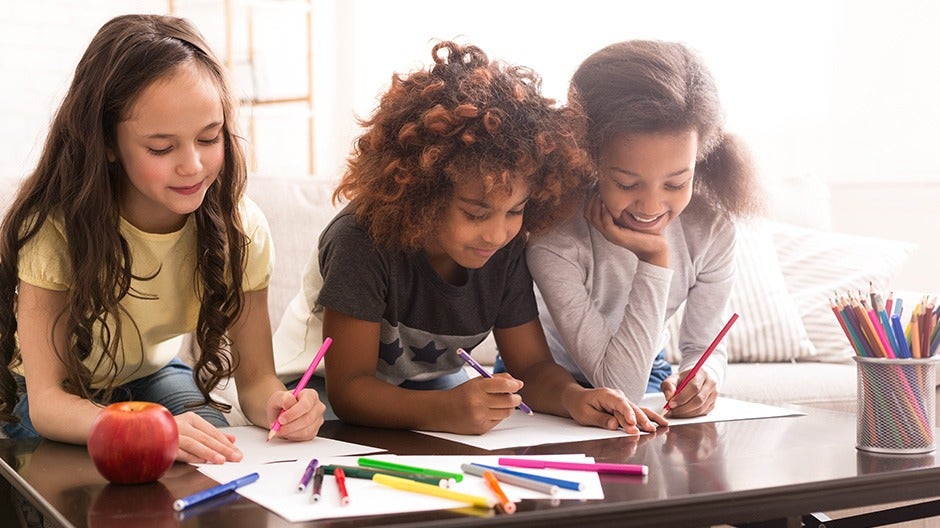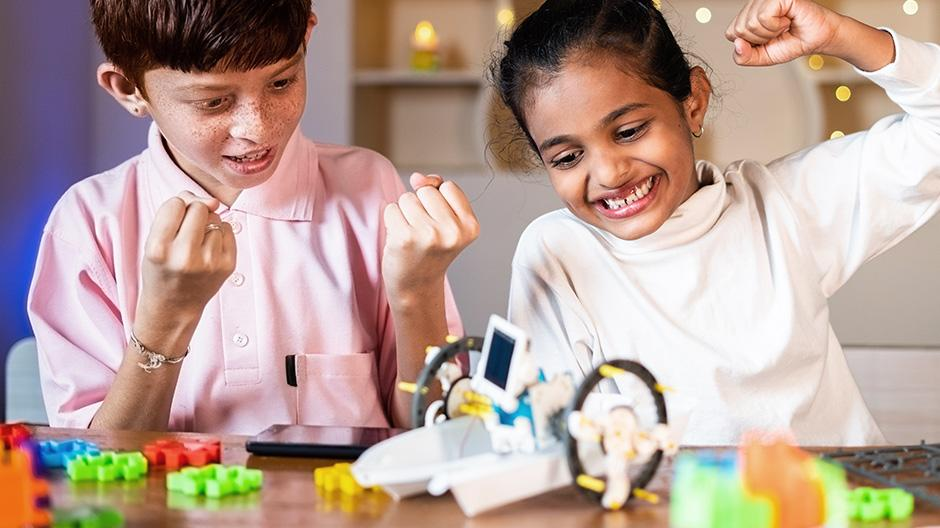Have you planted a garden with kids? Now is the time to start! We reached out to Susannah Fotopulos, a mother of two, who started Plant the Seed, a Nashville nonprofit focused on helping young children learn about food, healthy living, and gardening. She and Garden Expert Josh Corlew get kids learning and growing through gardening. They not only teach kids gross and fine motor skills, but they also challenge them on a social and emotional level, too. They happily passed along tips.
Gardening with your kids is a great way to teach them about nature, but we can also teach other lessons, like sharing and caring for one another. Here are five tips to get your family on the right path:
1. Plant your garden together. Discuss which plants you grow and how big they will get. What do they need to stay alive? How far apart should they be planted to leave room to grow. Children learn so much from hands-on experiences like gardening, and they take pride in returning to the garden you’ve built together to watch their plants grow and thrive.
2. Consistently water and care for your plants together everyday. After you plant, take time to water them regularly. Do they need a little extra water or none at all? It can be a fun daily routine to check in on your plants. The experience will bond both of you and also remind your child that, like all of us, plants need to be cared for every day.
3. Tell stories while you work: While in the garden with your kids, tell them about the Three Sisters of the Garden: corn, beans, and squash. This companion planting technique and story is attributed to Native Americans, who grew these plants together because of the way that they support each other, both physically and chemically. While the technical details of the how these plants grow may be a bit beyond the interest of a toddler, the story about how they work together is a relatable way to get kids excited about the garden. Plant each of the three plant groups two weeks apart from each other so corn is first, beans two weeks later, and squash two weeks after the beans.
There once were three sisters who were very different from each other. The oldest sister, Corn, grew up very tall and straight. She was always watching out for her younger sisters and gave them lots of support as they grew up. The middle sister, Bean, loved to climb and was always asking her older sister for help getting up to places she couldn’t reach. The youngest sister, Squash, wore huge hats and long green dresses, and loved to explore. She took adventures further away from the other sisters, but always came back home to help keep away animals that didn’t like her prickly personality.
Even though the sisters were very different from each other, they loved each other dearly and did all they could to help one another. Together they grew up much stronger than they could have ever been on their own!
4. Share the produce with friends and family. Once you’ve harvested your first round of tomatoes and cucumbers, slice them up and make a summer salad. Have your child make the guest list and invite friends and family for a celebratory feast. Enjoying the fresh vegetables together makes sharing easy and desirable.
5. Volunteer and spread your knowledge at a local community garden. Plant the Seed is a great example of a program who gardens within schools, and often needs the help of volunteers to keep it going. Seek out your local community garden and commit to watering plants, pulling weeds, or prepping the garden beds with your child. Spreading knowledge and supporting valuable spaces for our children to get tangible learning experiences helps strengthen our communities to be happier, healthier places to live and grow.

